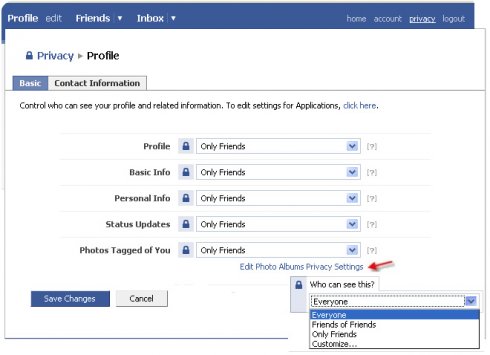
In my experience, students have never been brilliant at checking their school emails, especially the older kids. This makes communicating with them quite difficult when they are not sat in your class.
A great way to improve this is to use Facebook groups. Now, this presents a problem. The main one being schools tend to be terrified of social networks. Possibly because they do not understand them? However, if you have a forward thinking school, you can overcome this by showing them how useful they can be. Once they are aware of this they may let you give Facebook groups/Twitter a go.

Do you have a policy on how teaching staff should present themselves online? This article includes an ICT code of conduct with rules about online communication for school staff. It also refers to official guidance and a clause in the GTCE code of conduct which covers teachers’ behaviour.
Hellingly Community Primary School in East Sussex has an ICT code of conduct for staff. It sets out the rules that all staff must comply with when using ICT facilities both within the school and away from the school.
The section covering online communication includes statements such as:

In April this year, the NUT warned teachers about the dangers of befriending pupils on social networking sites such as Facebook. The implications are so great that some schools have banned teachers from using Facebook altogether.
It's certainly true that Facebook can be a perilous place for teachers. Is it okay to accept a “friend request” from a pupil whom you know personally? What happens if you reject that friend request? Can you prevent pupils from viewing your pictures and wall posts? What should you do if a pupil posts a message on your wall? What happens if a pupil sees a comment you've made on someone else's wall?

A community-driven platform for showcasing the latest innovations and voices in schools
Pioneer House
North Road
Ellesmere Port
CH65 1AD
United Kingdom